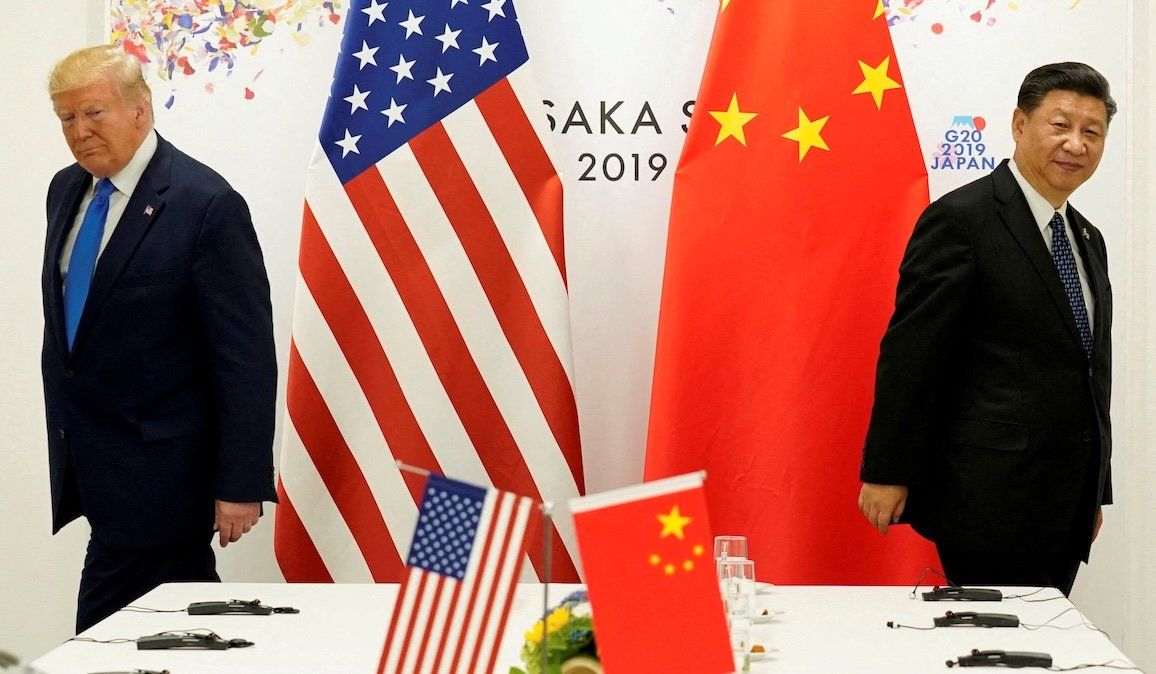During his first week in office, Donald Trump took steps to withdraw the US from two major international commitments: the Paris Climate Agreement and the World Health Organization.
Trump’s reasoning on both was, broadly speaking, the same: Like many American conservatives, he sees international obligations as needless constraints on US power and sovereignty. But that may create opportunities for other global powers, not least China.
Dragon in the room? With one of the world’s two largest economies (and polluters) out of Paris, the other, China, has an opportunity to shape global norms in its favor. China emits more greenhouse gasses than anyone but is also a world leader in clean energy technology and financing.
Could China look to boost its influence at the WHO as well? Beijing supplies less than 1% of the organization’s annual budget right now, compared to more than 15% (about $1 billion) from the US. China’s relationship with the WHO has been complicated – Beijing, for example, went to great lengths to stymie the organization’s probe into the origin of COVID-19.
The bigger picture: “America First” will entail scaling back from a range of international commitments. But while Trump may abhorobligations, power abhors a vacuum. As the US withdraws, who will fill the gap? In a GZERO world, can anyone?
